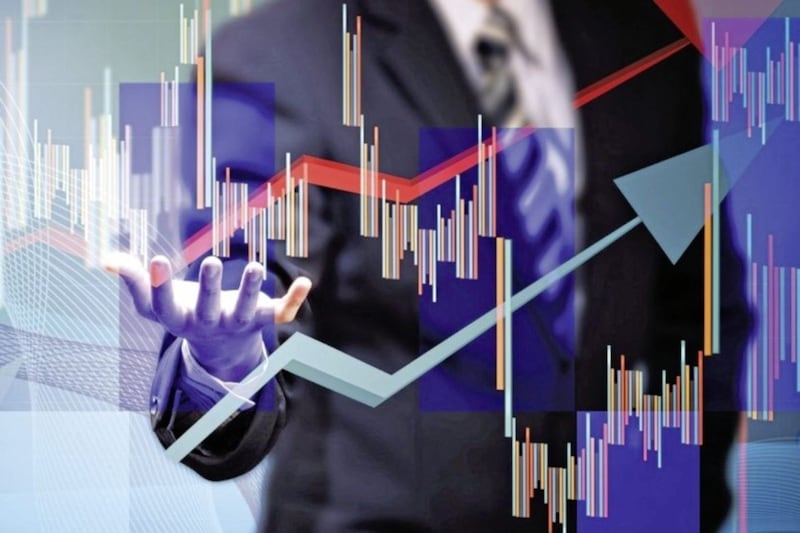NEXT week the Chancellor of the Exchequer, Rishi Sunak, unveils his much-anticipated budget. It comes at a time when the UK economy is in dire straits, pulverised by the impact of the global pandemic.
Last year we saw the economy shrink by 9.9 per cent, an unthinkable amount in ordinary times. The pandemic has resulted in government spending to support the country to an unprecedented level, but at some point this must be repaid.
The budget deficit has surged to just under 20 per cent of gross domestic product, a level only previously seen during the World Wars.
There have inevitably been calls for the Chancellor to raise taxes to pay for this shortfall, but this is not an easy choice, especially as recovery is not yet properly under way.
To a large extent we are still in lockdown and even with some gradual easing we are a long way off pre-Covid levels of economic activity: consumer spending is still down over 8 per cent and investment spending is over 10 per cent lower.
The situation facing the Chancellor has been likened to the one that faced Sir Geoffrey Howe 40 years ago, when there was an aggressive rise in taxes (a new North Sea Oil tax and a windfall tax on banks) which provoked a letter from 364 economists warning that this would deepen the recession.
In the event they were proved wrong, which goes to show how difficult it is to predict the outcome in economics. But it is important to take account of how crucial confidence is. There are signs of a tentative increase in consumer confidence, but it is as yet fragile.
Most of the conjecture about what might be in the Budget has been concentrated on increasing capital gains tax and corporation tax. Speculation has centred around the rate of capital gains tax being brought in line with income tax rates and corporation tax, where currently the main rate is 19 per cent, being increased to previous levels.
There are risks connected with increasing such taxes, even though it might be intuitively appealing, in that they are ultimately taxes on investment and entrepreneurialism.
The risk of this is that it may suffocate any economic recovery even before it had started. The added complication is that the UK is also facing a post-Brexit world, which some argue would be adversely impacted if corporation tax and /or capital gains tax are increased. The other point to note is that interest rates are at historically low levels, which means carrying debt is less prohibitively expensive.
What is the impact of all this on the stock market? Clearly it has a major role to play and we have seen some recovery this year, although the negative impact of uncertainty is also prevalent.
Often the market eagerly anticipates the budget only for it to be forgotten within days, but this year it carries an added significance: we are starting to see a lot of merger and acquisition activity as well as new share placings (IPOs).
The difficult balancing act faced by the Chancellor could be crucial in ensuring this is maintained.
:: Cathy Dixon is a partner at the Belfast office of Smith & Williamson Investment Management. This article does not constitute a recommendation to buy or sell investments and the value of any shares may fall as well as rise.








